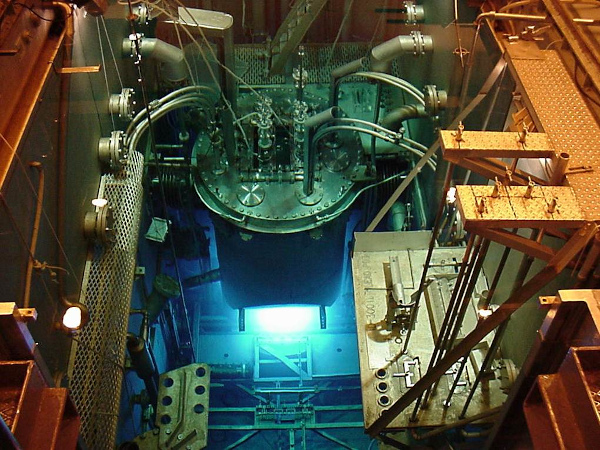NEW DELHI: To boost the civil use of atomic energy for the welfare of society, finance minister Nirmala Sitharaman on Saturday said the government will establish a research reactor in public–private partnership (PPP) mode to facilitate the production of medical istopes for treatment of cancer and other diseases, and also set up food preservation facilities by using irradiation technology to prevent rotting of perishable food items.
During the announcement of the fourth tranche of the economic reform package, the minister says the country’s robust start-up ecosystem will be linked to the nuclear sector and technology development-cum-incubation centres will be set up for fostering synergy between research facilities and tech-entrepreneurs.
“India has earned a lot of goodwill from many countries whom it has supplied medical isotopes and medicines. Absolutely for promoting welfare of humanity through affordable treatment of cancer and other diseases, we will set up a research reactor in PPP mode,” she says.
Sitharaman says facilities will also be set up in the PPP mode to use irradiation technology for food preservation to compliment agriculture reforms and assist farmers. “Perishable items like onions, because of their short-shelf life, are either sold at less price or are left to rot. Therefore, through this technology, we can give such perishable food items long life,” she said.
Bhabha Atomic Research Centre (Barc) has already set up demonstration plants at Lasalgaon, Nashik, Navi Mumbai, showing the use of irradiation technology in preserving produce such as potato, onion, and phytosanitary treatments of fruits (like mango and pomegranate). “This is a very useful technology, currently in use for food safety and phytosanitary, particularly for horticultural products. It’s safe and very effective in avoiding spoilage of fruit, vegetables etc., thereby reducing losses. Several countries (US, Australia and Chile) amended their food standards laws and permitted irradiation usage in a range fruits and spices to capture export opportunities,” said Anand Kunar Singh, DDG (horticulture), ICAR.
Welcoming the move, Singh said, “Initiatives such as the irradiation technology, if used properly, will enhance the shelf life, reduce post-harvest losses, help increase export of several horticulture commodities and increase farmers income.”
India has also harmonised its food irradiation rules with the international regulation. So far, 15 plants have already been established in the country to cater to the demands of the internal market as well as for exports. These plants are set up under the guidance of Board of Radiation & Isotope Technology (BRIT) under the Department of Atomic Energy.
Source: ToI
Image Courtesy: IAEA
You may also like
-
India Against Mpox
-
Combination of ‘Siddha’ Drugs Reduces Anemia in Adolescent Girls: Study
-
Suspected Mpox Case Under Investigation; Patient Put Under Isolation, No Cause for Alarm
-
Prime Minister Applauds India’s Best Ever Performance at the Paralympic Games
-
National Exit Test (NExT) for Ayush to be Effective from 2021-2022 Batch: Union Minister of Ayush Shri Prataprao Jadhav
